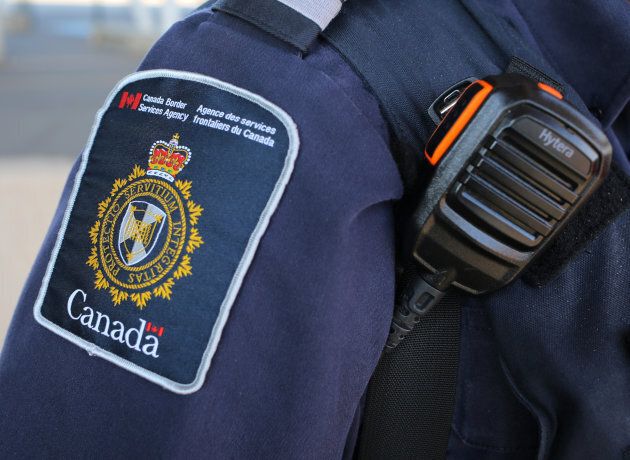The Canada Border Services Agency and the Canadian Snowbird Association are encouraging Canadians who have spent the winter abroad, to plan ahead for a smooth return to Canada this spring.
These are the top travel tips to know before arriving at the border:
Plan ahead and check border wait times and alternate ports of entry. Travellers crossing the border by land are encouraged to cross during non-peak hours such as early morning.
Have your travel documents handy. Whether travelling by land, air or water, you can help speed up processing times by coming prepared with your travel documents.
Save time with Advance Declaration. Travellers arriving at the Toronto, Vancouver, Montreal, Winnipeg, Halifax, Québec City, Ottawa, Billy Bishop and Calgary international airports can make their customs and immigration declaration to the CBSA prior to their arrival using the Advance Declaration optional feature in the ArriveCAN app. Travellers who use this option have access to express lanes to get to an airport kiosk or eGate faster.
Cannabis: Don’t bring it in. Don’t take it out. Bringing cannabis across the border in any form, including oils containing tetrahydrocannabinol (THC) or cannabidiol (CBD), without a permit or exemption authorized by Health Canada is a serious criminal offence, despite the legalization of cannabis in Canada. A medical prescription from a doctor does not count as Health Canada authorization.
Be prepared to declare. All travellers must declare their goods upon entry into Canada and are encouraged to have their receipts readily available for goods purchased or received while away. You must declare currency or monetary instruments worth CAN$10,000 or risk penalties. Use the CBSA duty and taxes estimator to help calculate your monies owed.
Know your exemptions from duties and taxes. Once you have been outside of Canada seven days or more, you can import goods worth up to CAN$800, duty-and tax-free. Within this personal exemption, you are allowed to bring back duty and tax free:
-
-
- Two bottles of wine (1.5 litres total), or one large standard bottle of liquor (1.14 litres), or approximately 24 cans or bottles (355 ml each) of beer (8.5 litres total); and,
- 200 cigarettes, and 50 cigars, and 200 grams manufactured tobacco, and 200 tobacco sticks. The packages must be stamped “duty paid,” as you would find them at a duty-free store.
-
Importing a vehicle. Residents of Canada can temporarily import a vehicle that is licensed and registered in the United States, however, the duty and tax implications, the length of time the vehicle can remain in Canada, and how the vehicle can be used in Canada may differ. Residents permanently importing a vehicle from the U.S. or Mexico, should visit Canada’s Registrar of Imported Vehicles website for details about vehicle eligibility and the overall process, including the necessary duties and taxes.
Avoid importing raw poultry products or by-products. There are currently restrictions on imports of live birds, bird products and by-products from U.S. states affected by Highly Pathogenic Avian Influenza. It is not recommended to bring poultry products into Canada. Otherwise, be prepared to prove the origin of your poultry product at the border.
If you are travelling with a pet or want to import an animal into Canada, you will need the right paperwork at the border to meet Canada’s import requirements.
Not sure? Ask a border officer. The best thing you can do to save time is to be open and honest with the CBSA officer. If you are not sure about what to declare, don’t hesitate to ask. Our officers are here to help!
For more information, visit the CBSA Web site or call 1-800-461-9999.
